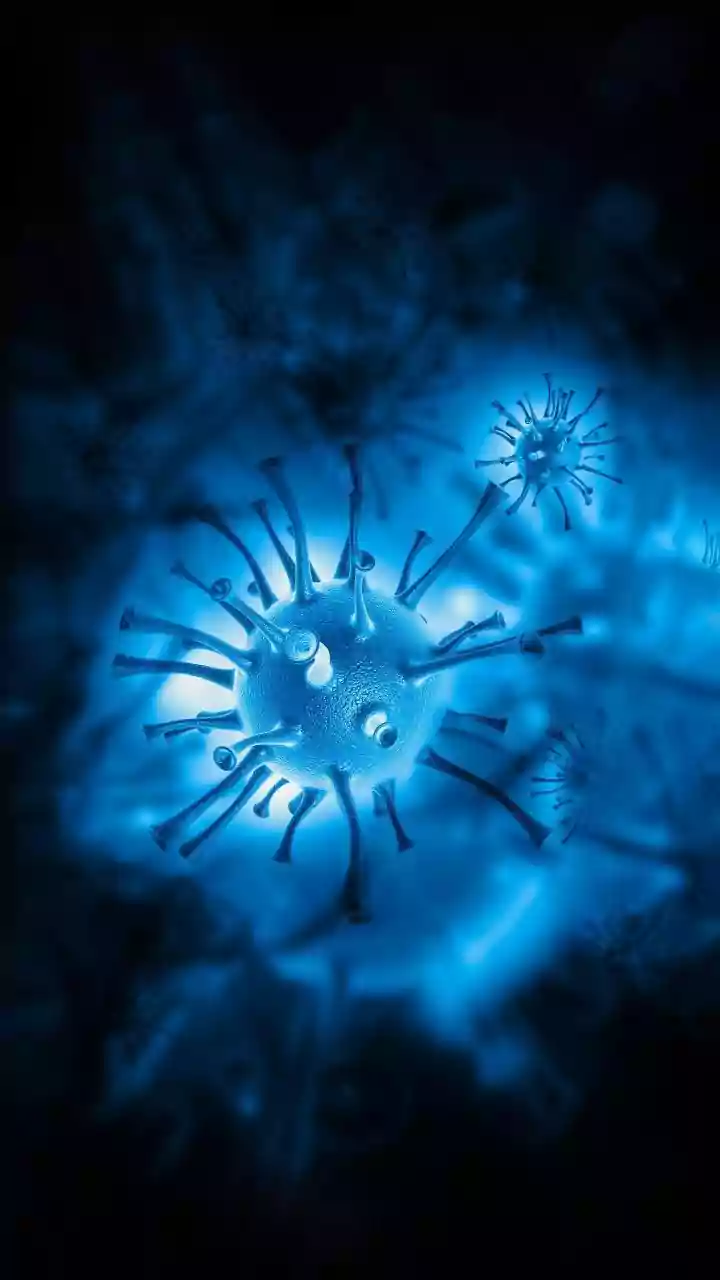Perseverance's Crucial Role
The Perseverance rover is at the forefront of the hunt for ancient life on Mars, functioning as a vital instrument for scientists situated millions of miles
away. It serves as their eyes and ears, equipped with a suite of tools designed to detect potential signs of past life. The rover's mission includes analyzing rock samples, searching for organic molecules, and assessing the geology of the Jezero Crater, a location thought to have once hosted a lake. The rover's sophisticated instruments, like its cameras and spectrometers, are capable of gathering crucial data that would enable scientists to understand the composition and history of the Martian environment, looking for any evidence that might have supported life in the past. This meticulous data collection is critical for understanding Mars' potential to harbor life and for the future exploration of the Red Planet.
Plot Thickens: Potential Findings
The possibility of ancient Martian life is gaining traction, with the Perseverance rover's findings adding intrigue to the plot. Some researchers believe that the data collected indicates the existence of past life forms. These interpretations are supported by analyses of rocks and sediments, which could be the possible traces of organic compounds that are usually associated with living organisms. Furthermore, the discovery of potential biosignatures in the Jezero Crater, a region considered an ancient lakebed, strengthens the argument that Mars may have once offered a habitable environment. Although these preliminary findings are exciting, scientists are careful to avoid jumping to conclusions, emphasizing the need for more in-depth analyses to ascertain the origins of these potential biosignatures and confirm whether they suggest any evidence of life.
Frozen Time Capsules?
If life existed on Mars, it might be preserved within frozen time capsules. The geological composition of Mars has led scientists to look for clues in its frozen formations. Given the potential preservation capabilities of ice, it could have safeguarded any previous life forms from the effects of radiation and weathering. Therefore, studying ice deposits becomes crucial in the quest to uncover evidence of ancient life. Scientists believe the Red Planet’s unique environment might have allowed microbes or other organisms to survive for long periods. The implications of this are significant because it suggests that life might be more adaptable and resilient than previously thought, highlighting the importance of deep ice deposits in the search for potential bio-markers on Mars.
Sample Return Is Key
The pivotal step in definitively confirming if the Perseverance rover actually found any evidence of life is the planned return of collected samples to Earth. These samples, carefully gathered and stored by the rover, are currently being held for a future mission that will bring them back to Earth. Once the samples arrive, scientists will have the tools and facilities to conduct detailed analyses that would be impossible to perform on Mars. This step is significant because it will enable experts to explore the samples to see for biological markers, confirming or rejecting the preliminary findings. The return of the Martian samples therefore acts as the decisive moment, giving scientists the data they need to know whether life existed on Mars.
Habitat's Possible Origin
The Jezero Crater's potential to have hosted life is significant, and it’s a key focus for researchers. The crater, once an ancient lake, offers a promising environment to search for traces of past organisms. The rover’s findings include evidence of various sedimentary rocks that would have been formed in the presence of water, offering potential for the preservation of organic molecules. Analyzing the history of the lake and its surrounding area is key to understanding whether the conditions were suitable to sustain life. The research indicates that the Jezero Crater was a dynamic ecosystem, which raises the possibility that it served as an environment where life could start and develop. Further research in this region provides important information for understanding Mars' past and future life capabilities.
Biosignature's Significance
The recent potential biosignature discovery on Mars is being hailed as the strongest evidence to date in the search for ancient life. The implications of this finding are immense, as they suggest that Mars could have harbored life in the past. If proven, this discovery would fundamentally change our understanding of life's presence in the universe, demonstrating that life can emerge and persist in conditions very different from those found on Earth. It would also spur future investigations by encouraging the scientific community to analyze and discover new evidence. The excitement surrounding this discovery underscores the enduring human curiosity about the possibility of life beyond our planet.






















